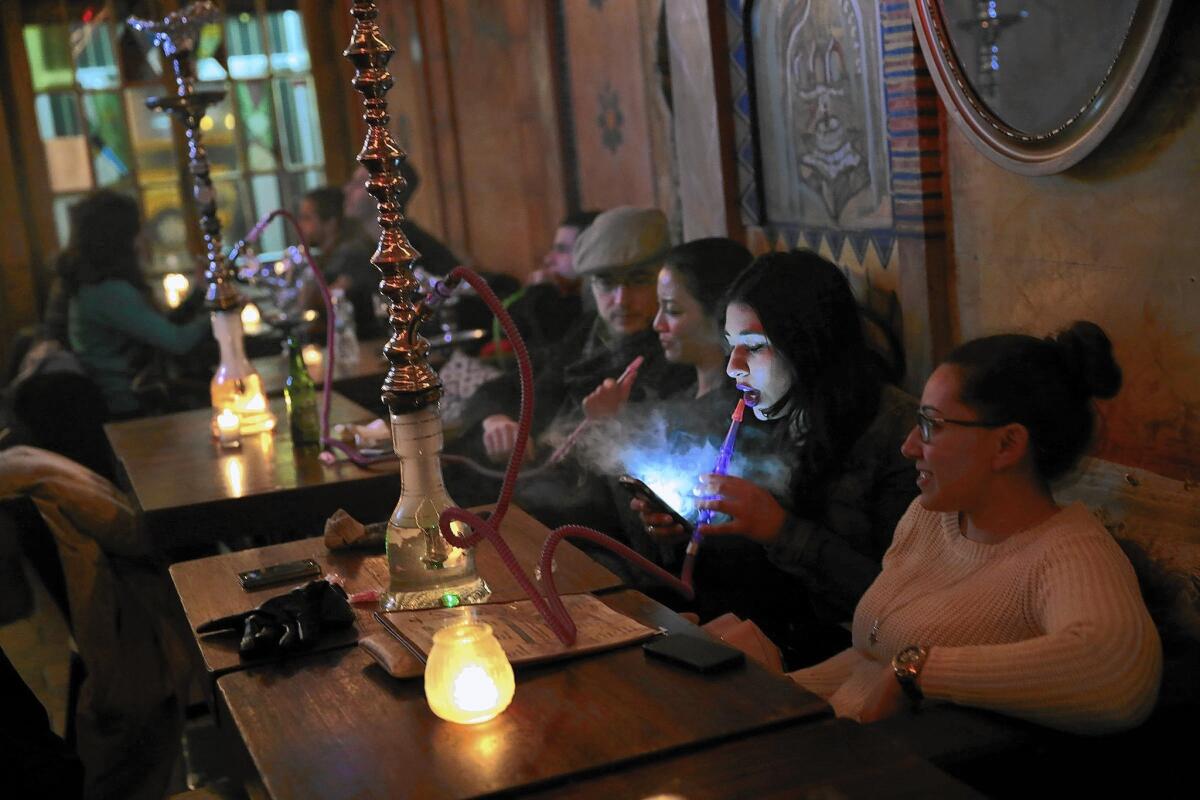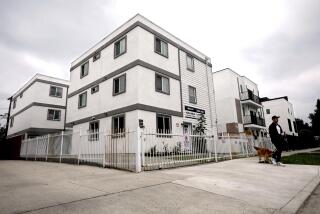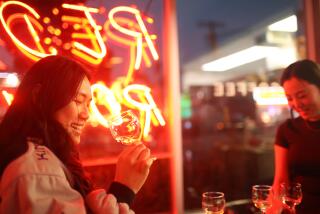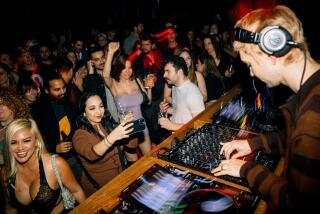New York crackdown on hookah bars generates some blowback

Reporting from New York — Finding refuge from the bitter cold that settled over New York City one recent evening, Uriel Israelov, 21, enjoyed a smoke with friends in a cozy corner of Sahara East in the East Village, which he made sound like the homey bar featured on the long-running television show “Cheers.”
Of course, smoking in bars here is illegal. But this was a hookah bar, where the group was sharing smoke from a fruit mixture known as shisha burning over charcoal in a water pipe.
“We’re treated like family here,” said Israelov, a Sahara East regular from Manhattan. “It is a place for young people to come to have fun with friends and to have conversation.”
But Sahara East’s days may be numbered. It is one of 13 hookah bars that the city has targeted for closure after the city health department said an undercover investigation found the shisha they served contained tobacco, violating a 2002 law that banned it in work establishments including bars and restaurants.
“It would be a very big loss,” said one of Israelov’s friends, John Russo, 24, of Scarsdale, N.Y. “Everybody is happy here. It should be left that way.”
The health department’s actions have sparked a debate over the place of hookah bars in the city’s social scene. The city is enforcing one of many laws, among the strictest in the nation, enacted in recent years to make New York a more healthful place to live, including a ban on use of trans fats at restaurants and mandatory calorie counts at fast-food eateries.
Patrons, however, say the city’s crackdown may rob them of places where they can gather that are fun, safe environments. And owners worry their livelihood is at risk.
Hookah bars have been allowed to operate since the tobacco ban was enacted as long as the shisha they offer patrons contained only fruit, herbs and sweetening agents such as molasses, according to the health department.
Mahmoud Gamaa, the owner of Sahara East, said he has been in business for 25 years, making him one of the first to introduce hookah bars to New York. Originally from Cairo, Gamaa said Sahara East, also a restaurant, is a place where people come to relax. “We’re about hospitality, cleansing and being with friends,” he said.
Although only 13 establishments were targeted during this investigation, Gamaa said he and other owners were concerned the whole hookah bar sector was at risk.
Asked about the city’s allegations that his shisha was found to contain tobacco, Gamaa indicated that if so, it was unwittingly. He said he purchases only nicotine-free shisha from a distributor.
He asked an employee to bring out some plastic tubs containing shisha. Pointing to the sticky, fruity substances in guava, watermelon and strawberry margarita flavors, he asked, “Do these look like they contain tobacco?”
The health department asserts that indeed there was tobacco in samples collected at Sahara East and a dozen other hookah bars during an unusual sting operation that enlisted undergraduate students at New York University.
“These 13 hookah bars are knowingly flouting the law by serving tobacco-based shisha,” Health Commissioner Mary Bassett said in a statement. “We will not tolerate this willful disregard of New York City’s smoke-free air laws and have already taken steps to revoke the permits of these establishments.”
According to the health department, undercover investigators, paired with NYU students, visited the establishments in November. The shisha they collected at each place was sent to an outside lab for testing. Results were announced Jan. 7.
The health department said it sought help from NYU because its investigators wanted to see not only if the establishments were illegally serving tobacco-based shisha but also if they were selling it to underage customers. The city recently raised the minimum age to buy tobacco to 21 from 18, and the students who participated in the investigation were all under 21.
Diana Silver, an associate professor of public health at New York University, said she arranged for six of her students to go undercover in the hookah sting after having worked with the health department on studies. She said the students were excited to do field work and would be giving depositions to be included in legal proceedings.
“They learned it’s one thing to pass or imagine a law, but compliance and enforcement are complicated,” she said.
The debate about hookah smoking has wafted outside the walls of the bars themselves. Some New Yorkers used Twitter to question the city’s actions. One Twitter user described a related development — a councilman’s proposed legislation to limit the sale of shisha tobacco and paraphernalia at stores — as an example of a “nanny state.”
On Friday, Gamaa said he still was hopeful some kind of agreement would be reached with the city to avoid shutting down the hookah bars. Although the bar owners at a meeting two weeks ago did not agree immediately on unified actions of their own, Gamaa suggests the city consider issuing licenses that would set up a system for inspections.
“When they come to check the kitchen, they could also check the tobacco. If they find violations, they could fine us,” he said. “Don’t just shut us down.”
More to Read
Sign up for Essential California
The most important California stories and recommendations in your inbox every morning.
You may occasionally receive promotional content from the Los Angeles Times.










